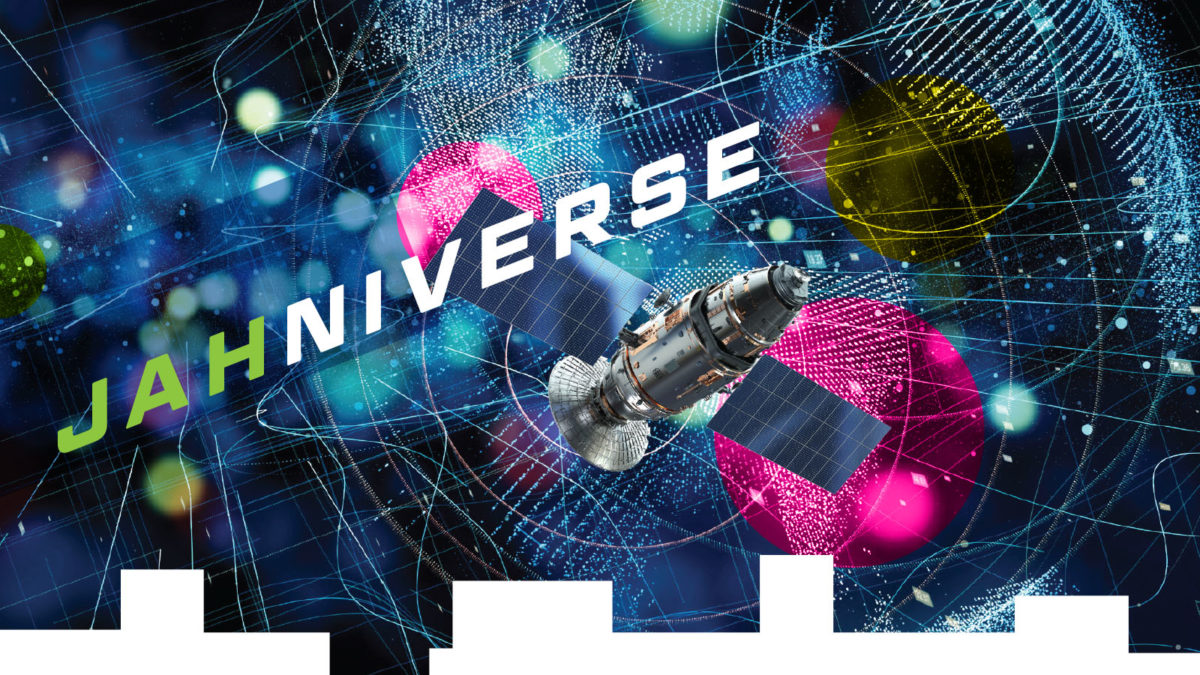The best technological surprise is none at all
By Moriba Jah|July/August 2022
U.S. defense officials have known for years that China was testing prototypes of hypersonic missiles capable of taking out U.S. carrier groups, among other potential targets, but a test last July in which such a missile reportedly orbited Earth before entering the atmosphere and gliding to its target still elicited shock and concern.
For the United States, China’s hypersonic test was a textbook example of technological surprise. That’s when a competitor or adversary deploys a revolutionary new technology or an existing one in ways that were not anticipated.
One response to such a surprise, and it’s the one the United States chose, would be turning the tables on an adversary by pouring funds into classified research and development in hopes of deterring the adversary. There’s nothing wrong with increasing R&D when you fear you are behind, but those steps alone won’t add up to deterring China or averting more surprises. Another part of the response should be a concerted effort to diagnose why the United States is so susceptible to being surprised by China. Understanding that could prevent us from being technologically surprised by other players on the world stage.
At its root, America, right now, has a collective penchant for confirmation bias — especially about China. When I chat with friends, colleagues and the general public regarding Chinese scientific and technological capabilities, most seem dismissive. After all, we are America, the world’s leader in science and technology. This naive perspective is confirmed by some media portrayals of China as a country that only overcomes hurdles by spying on us and stealing our technology.
When it comes to China, such biases and portrayals could not be farther from the truth. When I went to China in 2019 at the invitation of the Chinese Academy of Sciences to teach a short course on orbit determination, the students who attended knew my published research, the entirety of it, more than my own research team and students back home. The questions I was asked were nuanced and insightful. The Chinese are awake and thriving in many ways. They have their own space station and have landed robotic spacecraft on the moon and also Mars — incredible feats by any measure. We should not be surprised that they are good at hypersonics too.
As a former spacecraft navigator for NASA’s Jet Propulsion Laboratory, I can attest that you don’t get things on the Martian surface in working order by luck, chance or copying others. You only achieve this level of success by really knowing what you’re doing. Additionally, as a co-editor of the peer-reviewed journal Acta Astronautica, I’ve seen the quality of papers being submitted from China over the years. While they might have been lackluster a decade ago, they’re now among the very best papers I’ve ever seen.
If the U.S. does not treat China, and other countries for that matter, as our equals at a roundtable, seek to understand their cultural nuances and accept the evidence of their scientific and technological prowess, we will be on a sure path to experience technological surprise at their hands at the time and place of their choosing.
We also need to be more transparent about our own capabilities, meaning the products of our increased R&D in hypersonics and other fields. The best conflict is the one avoided, and the maximum appropriate level of technological transparency is the best way to deter conflict. Then-U.S. Air Force Gen. John Hyten, during his tenure as vice chairman of the Joint Chiefs of Staff, said it best when speaking with reporters before his retirement last year: “You actually can’t deter your adversary if everything you have is in the black. The last element of deterrence that we don’t do is communicate it credibly to our adversaries. Communication is talking. Communication is demonstrating capability.”
Being overly secretive might be the very thing that makes an adversary believe that they could be successful over us. If we can communicate and demonstrate our capabilities in a limited way to those who want to spread conflict and violence, we have an opportunity to deter them from doing so because the potential consequences will be real and verifiable.
To be sure, there are those who have the intent, opportunity and technological capability to cause the U.S. harm, and we must have the ability to overcome and withstand any threat possible. Implementing this two-pronged strategy of not underestimating an adversary and being as transparent as possible will make surprises rare and maximize deterrence.
Humanity will be the better for it.








